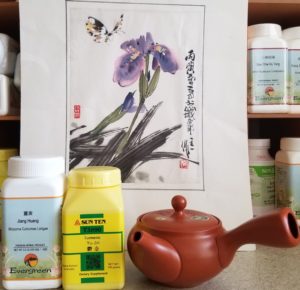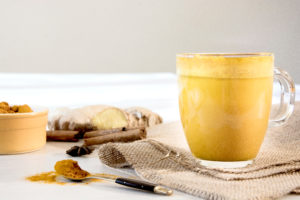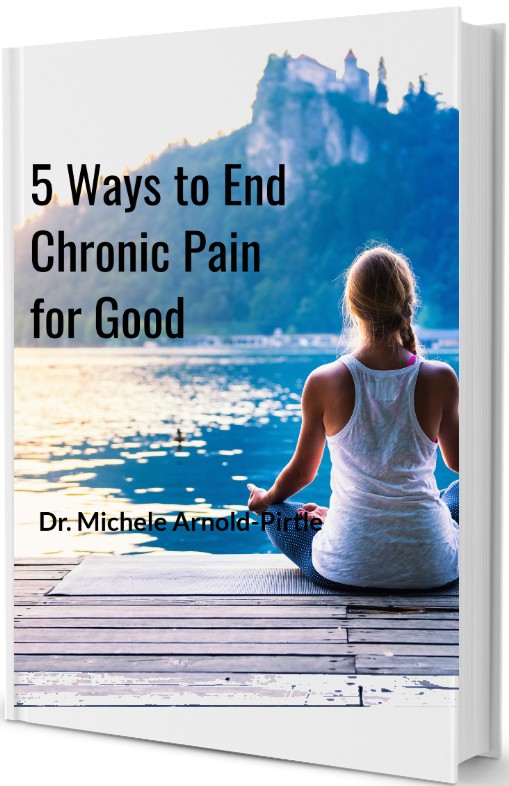Have you been wondering about whether or not you should take Turmeric because it was recommended by your doctor, or you have seen it advertised?
What is Turmeric?
Turmeric is an Indian spice and can be used as an herbal supplement. It contains Curcumin, the primary chemical constituent that gives it its anti-inflammatory properties along with its yellow color. It widely used as one of the spices in curry powder. It has become very popular, and is widely recommended as a dietary aid for inflammation and pain. Some people have questions about it, and they wonder whether or not they should be taking it. It may help if I break down its uses, and clarify when it wouldn’t be appropriate for someone to take it.
In Chinese Medicine this herb is called Jiang Huang (Turmeric Rhizome) or Yu Jin (Curcuma root). Jiang Huang has flavors that are spicy, bitter, and has an energetic warming affect on the body. Yu Jin on the other hand is spicy, bitter, but cold. 
What is it used for?
This herb helps blood circulation, and breaks up coagulation that may be the cause of pain related to traumatic injury, arthritis, angina, and it helps speed healing. It moves Qi-energy of the liver, which means that it protects the liver from toxins, has antioxidant qualities, lowers cholesterol, reduces menstrual pain, and decongests the liver. The bitter and warming qualities improves joint swelling, shrinks uterine tumors, dissolves gallstones, and improves ligament flexibility.
The cold qualities of Yu Jin clears heat from the body, and it has anti-bacterial, anti-fungal actions.
How to take it?
Dosage as a single herb is 1/4 to 1/2 tsp. daily. It is best when taken along with cinnamon bark (Rou Gui) or cinnamon twig (Gui Zhi) for dysmenorrhea, or joint pain such as in the shoulders. It is usually added as an adjunct herb to enhance effects for relieving menstrual pain in an herbal formula such as Bupleurum and Dang Gui (Xiao Yao Wan) for instance.
Is it good for everyone?
This herb is not for you if you have blood deficiency without stagnant Qi-energy or blood stasis.
This means you don’t experience localized pain of a deep, sharp and piercing nature, and inflammation that is worse at night, that is swollen, or you don’t have palpable solid, immobile masses, dark complexion, purple lips, fragile dry hair and skin, a purple tongue with purple spots.
If you feel weak, exhausted, have a pale complexion, experience light thin menstrual blood flow during your periods, dizziness, pale tongue or pale conjunctiva this herb is not for you.
Caution:
Use caution if you are taking an anti-coagulant, anti-platelet medication.
I hope this helps?

Turmeric Latte Recipe
Ingredients
1 1/2 C water, almond milk, coconut milk, or rice milk
1 Tbsp. almond butter
1 tsp. organic honey
3/4 tsp. ground turmeric
1 tsp. ground cinnamon
1/2 tsp. ground ginger
1 tsp. vanilla extract
pinch of sea salt
pinch of ground black pepper
1 drop turmeric essential oil
Instructions
Mix all ingredients until smooth. Warm in a small pot. Pour into a mug, sprinkle with cinnamon and Enjoy!
*How Herbs are Prescribed in Chinese Medicine
*Let me start by saying that using herbs and spices in your cooking for flavoring is not necessarily the same thing as taking them as an herbal supplement. Although, there may be some dietary value, there is not necessarily a therapeutic value that comes with potency and dosage. The spices and herbs found in your spice isle of the supermarket are going to be of a different quality, grade, and concentration than that found in an herbal tea or supplement. Chinese Herbalists use high quality pharmaceutical grade herbs with high potency and bio-availability along with correct species identification. The dosage matters as well. In addition, herbs aren’t typically given singly, they are compounded together in a balanced formula that may include anywhere from two to ten or more herbs. This way each herb works in a synergistic manner, and counteracts any negative affects. This is much safer than taking only one ingredient long term. As an example, you will find quite often that fresh ginger (Sheng Jiang), honey-fried licorice (Zhi Gan Cao), and red dates (Da Zao) are added to formulas to protect your stomach, and to harmonize all of the ingredients together. Chinese Angelica Root (Dang Gui) is often combined with Ligusticum (Chuan Xiong), and White Peony (Bai Shao) to nourish blood, regulate the movement of blood, and sooth PMS symptoms and pain without causing too much thinning of blood, hemorrhage, or blood stasis and coagulation. The flavors of bitter, sweet, spicy, salty, or sour as well as the energetic temperature of hot, warm, cooling, cold, have beneficial qualities on the body. The herb’s flavors and temperature are taken into consideration when choosing an appropriate herbal remedy per one’s constitution. Curcumin (Yu Jin) is spicy, bitter and cooling on the body. Thus, it may not be for everyone. You would need to consult with an expert herbalist that can evaluate your constitutional pattern of disharmony and recommend an appropriate herbal formula.


